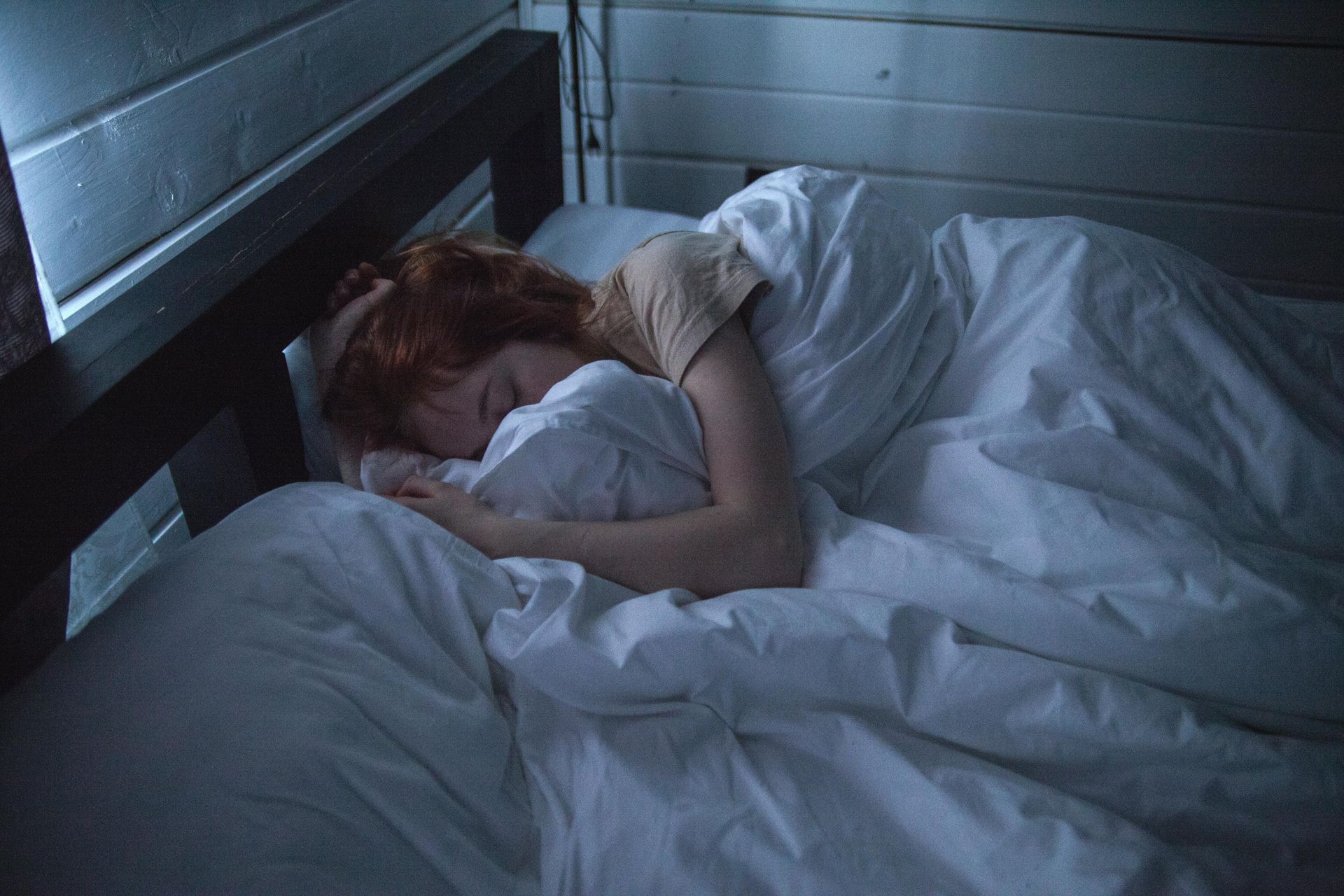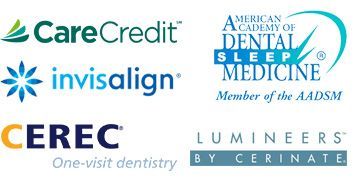What Is Sleep Apnea
Sleep apnea is a serious disorder that causes breathing to repeatedly stop and start during sleep. Untreated sleep apnea can cause fatigue, and lead to high blood pressure, heart failure, stroke and other serious health problems.

Types of Sleep Apnea
Obstructive Sleep Apnea (OSA) is the most common type of sleep apnea. OSA occurs due to a physical blockage, usually the collapsing of the soft tissue in the back of the throat. In some cases, the blockage of air is so great that no air can get through, causing repeated awakenings throughout the night. Loud snorers often experience OSA.
Central sleep apnea (CSA) occurs because the muscles that control breathing don't receive the proper signals from the brain.
Symptoms of Sleep Apnea
- Insomnia
- Loud snoring
- Headaches upon waking
- Sleeping / drowsiness during the day
- Waking up with a dry mouth or sore throat
Risk Factors
Anyone can experience sleep apnea, even children, but the risk factors associated with this disorder include:
- Obesity
- A family history of sleep apnea
- Heart problems
- Smoking
- Drinking alcohol
- Gender – Sleep apnea is more common in males.
- Age – The risk of sleep apnea is significantly higher with adults over 40
Treatment
Treatment for sleep apnea varies, depending on the severity and type of sleep apnea a person suffers from. The most common treatment for sleep apnea is the continuous positive airway pressure (CPAP) device. Other treatment options include oral appliances and lifestyle changes, such as weight loss, exercise, and avoiding alcohol and smoking. In extreme cases, surgery is recommended.

